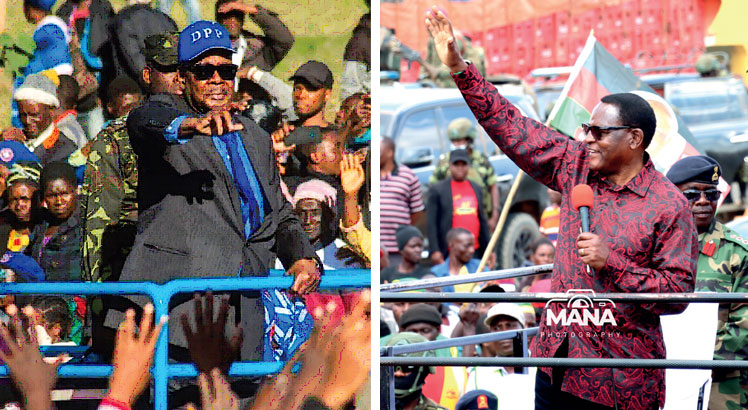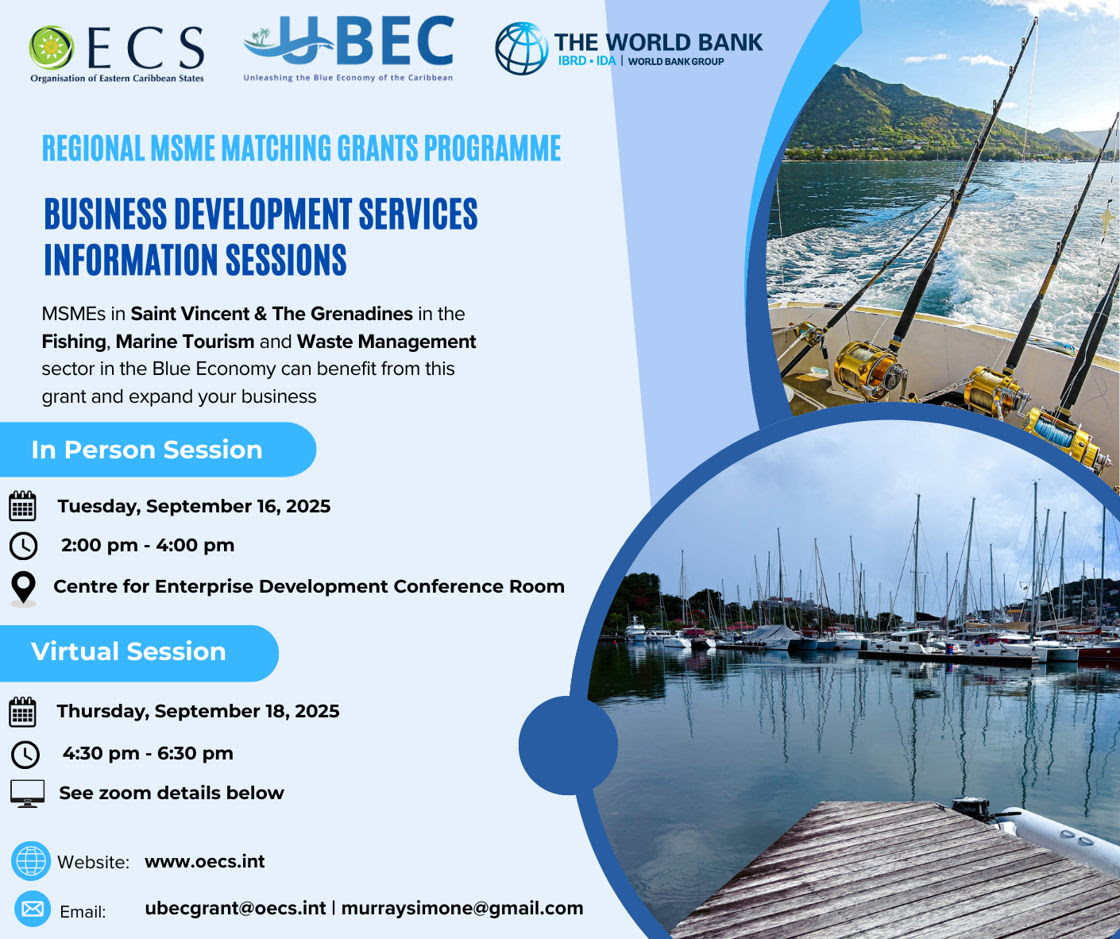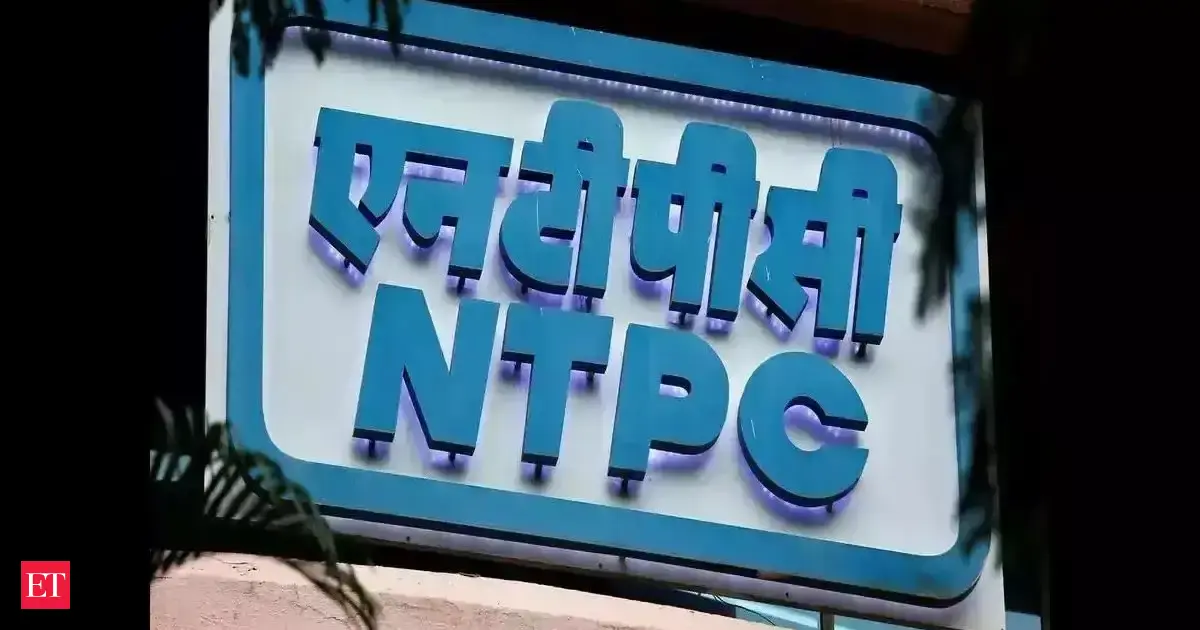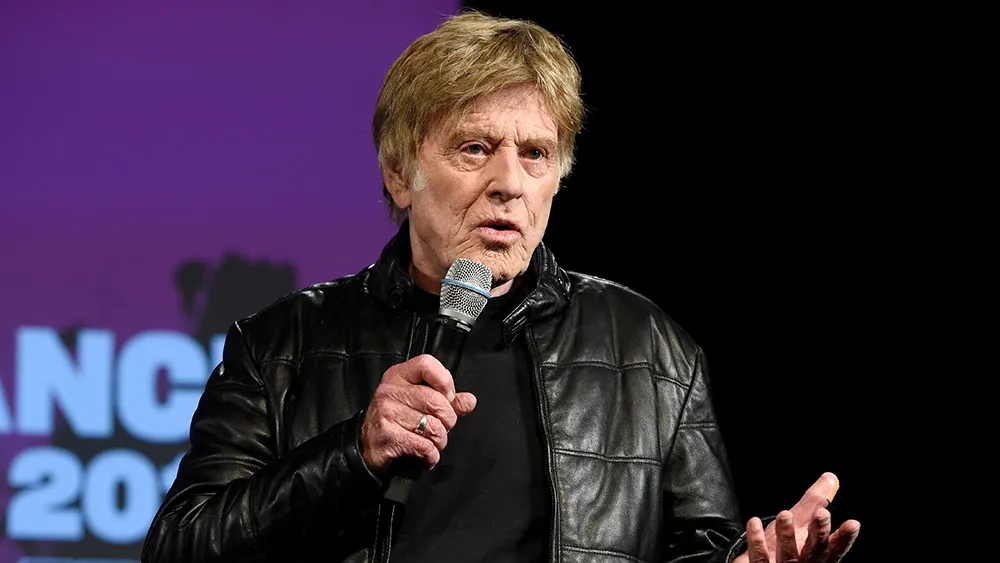By James Chavula
Copyright mwnation

Malawians go to polls today to elect the President, members of Parliament (MPs) and ward councillors.
The youth constitute over half of over 7.2 registered voters in the poll.
For the country’s youthful majority, the decisive elections is not just a contest between President Lazarus Chakwera,70, and his predecessor Peter Mutharika, 85.
To them, the 17-face presidential ballot constitutes a litmus test on Chakwera’s promise to create a better Malawi for everyone and one million jobs for the youth.
With low investment in quality education, skills development and decent jobs, the dominant age group bears the brunt of unemployment rates.
“When I go to vote, I will be thinking about three main things,” says Memory Kaombe of Mbayani Township in Blantyre City. “First, I want leaders who will create jobs for the youth and improve the economy so that small businesses like mine can grow. I want access to loans and affordable commodities for sale to ease economic burden.”
Malawians aged at least 18 go to vote amid worsening economic woes, especially the scarcity of foreign currencies that has disrupted fuel supply and left prices of essential goods skyrocketing.
The World Bank estimates that about a third of Malawians live in poverty and about half are trapped in abject poverty.
About 10 percent of the population suddenly slumped into poverty in June when the World Bank adjusted the international poverty line from $2.15 (about K3 764) to $3 (about K5 253) per person per day.
The hike pushed Malawi’s poverty headcount from 72 percent to about 80 percent, economists say.
Centre for Social Concern economic governance officer Agnes Nyirongo, this means “millions of Malawians are earning less than K5 000 per day at a time the cost of even a simple meal has doubled or tripled”.
“This widening gap between income and living costs is pushing families into desperate coping strategies, pulling children out of school, skipping meals or engaging in unsafe and exploitative work just to survive,” she says.
The worsening poverty comes amid stuttering efforts to end chronic hunger, youth unemployment, teen pregnacy and child marriages.
According to the International Labour Organisation of the United Nations, over a quarter of Malawians, aged 18 to 35, actively seek jobs, but cannot get any.
The youth say the count could be higher.
“Apart from jobs and business loans, I care about rising food shortages and prices. I want basics to be affordable for all. Besides, our leaders should take women seriously. We work hard, but policymakers often ignore us,” says Kaombe.
Concurring, Robert Phikoti, a businessperson in Limbe Town in Blantyre, says his preferred leader should tackle the economic meltdown head-on instead of blaming calamities such as Covid-19, chronic cyclones, erratic rains and the war in Ukraine.
“When I go to vote, I want leaders who can stabilise prices of flour, sugar and cooking oil. Currently, it’s hard to plan and make budget, especially for the employed,” he says.
The trade also envisions the government providing flawless lighting and security in markets and settlements.
“I want leaders who care about our well-being and places where we live and work, a leader who will bring peace and end political violence for the good of our democracy,” he says.
According to the Malawi Electoral Commission, over half of the registered voters are below 35 years old, but the perceived two frontrunners are more than twice the dominant age.
Mutharika, 85, promises a return to proven leadership, blaming 70-year-old Chakwera administration for the runaway economy and youth unemployment.
However, Chakwera’s re-election campaign hinges on a promise to build on ongoing reforms and pledges to create three million jobs for the youth.
The campaign period came to a close at 6am on Sunday.
Looking back, youth activist Charles Kajoloweka spoke of “a fair engagement” with the youth not only as majority voters, but also agenda-setters for the Malawi we want.
He states: “So far, it’s been a fair deal. We’ve seen all contesting political parties putting their focus on young people and confirming that issues that affect young people are real. It shows they are embracing these issues and taking them on board in their political manifestoes.
“We’ve also seen politicians participating in youth dialogues that we organised and endorsing the national manifestoes, our accountability tool which shows that they are not only promising but also committing to implementation of youth-friendly policies beyond these elections.”



